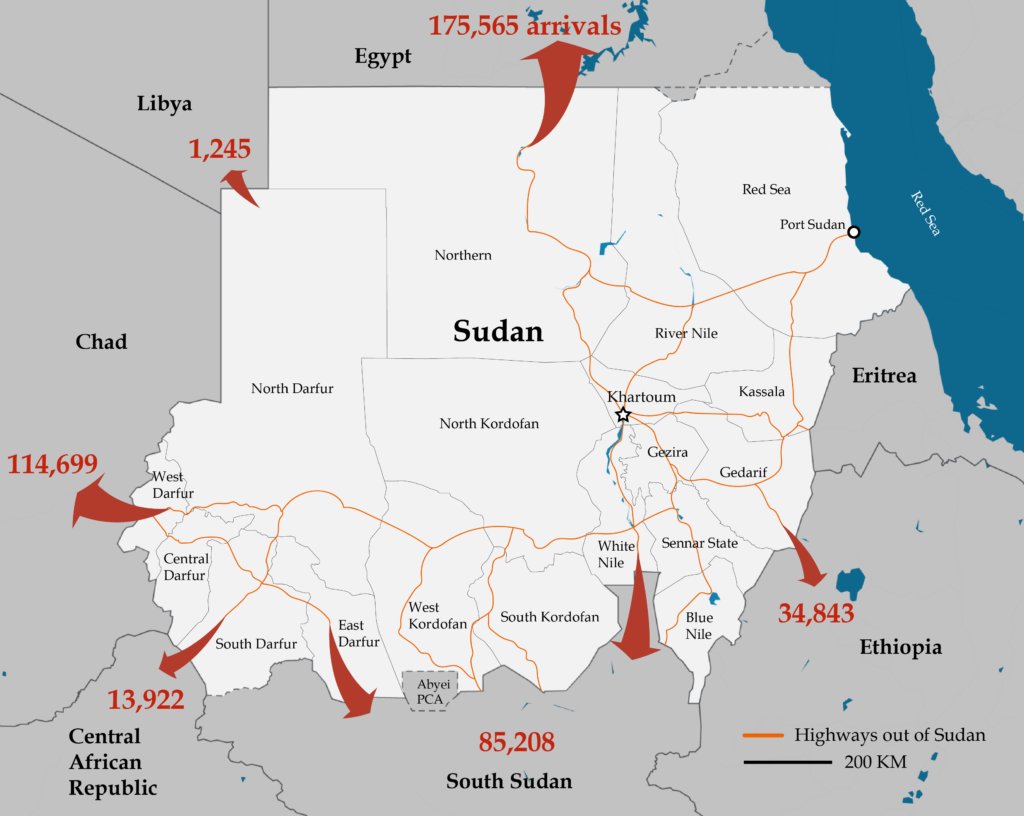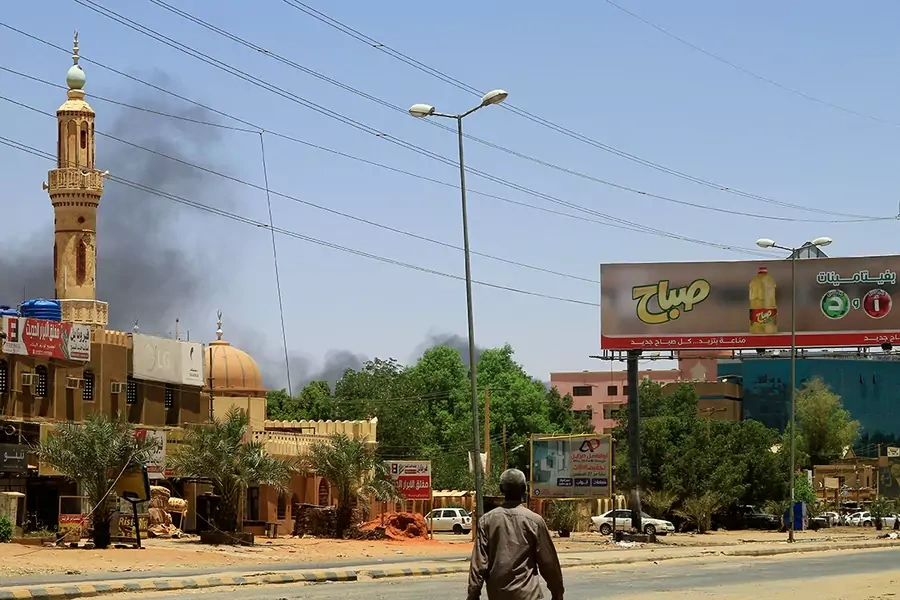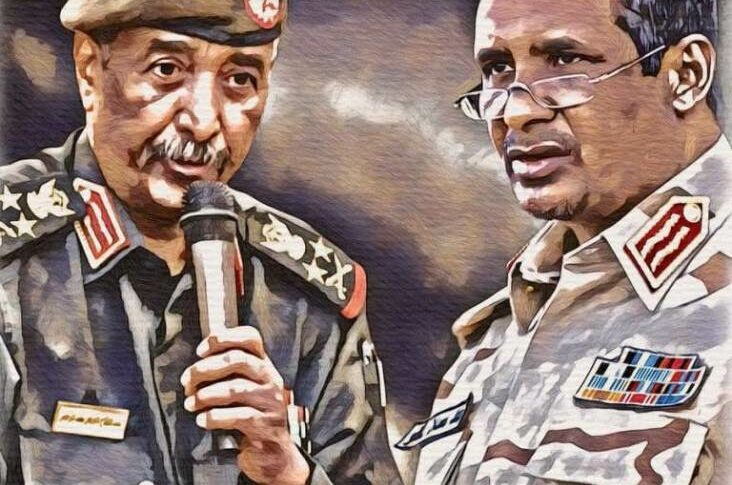Sudan Conflict Straining Fragility of Its Neighbors

The conflict between Sudan’s rival military factions is triggering massive population displacements that are stressing the region’s already fragile coping systems.
Highlights
The conflict between the Sudanese Armed Forces (SAF) commanded by General Abdel Fattah al Burhan and the Rapid Support Forces (RSF) headed by General Mohamed Hamdan Dagalo has thrown into turmoil a region that was already straining under record levels of humanitarian stresses. Even prior to the outbreak of conflict in Sudan, there were more than 13 million people in Sudan and its 7 neighbors who were refugees or internally displaced (IDP). More than 40 million people in these countries were facing acute food insecurity. Resources to assist these populations will now be even further stretched.






